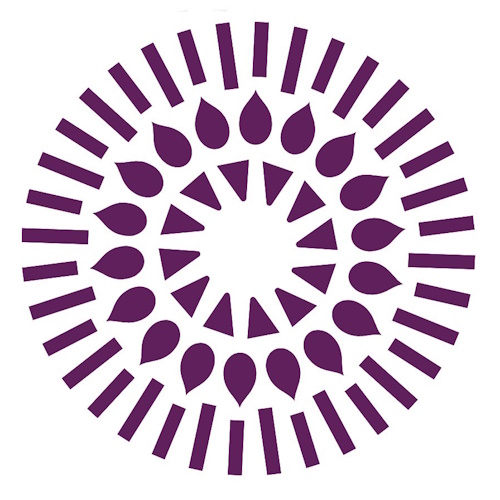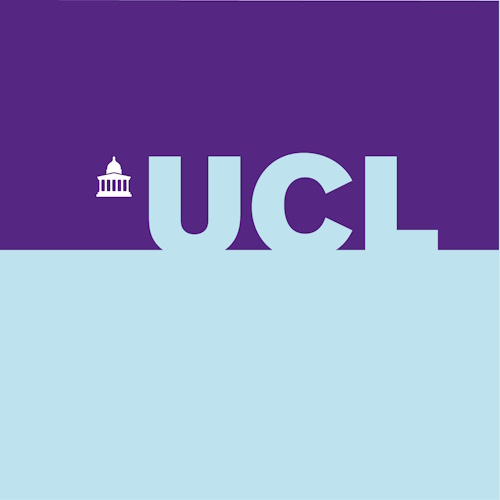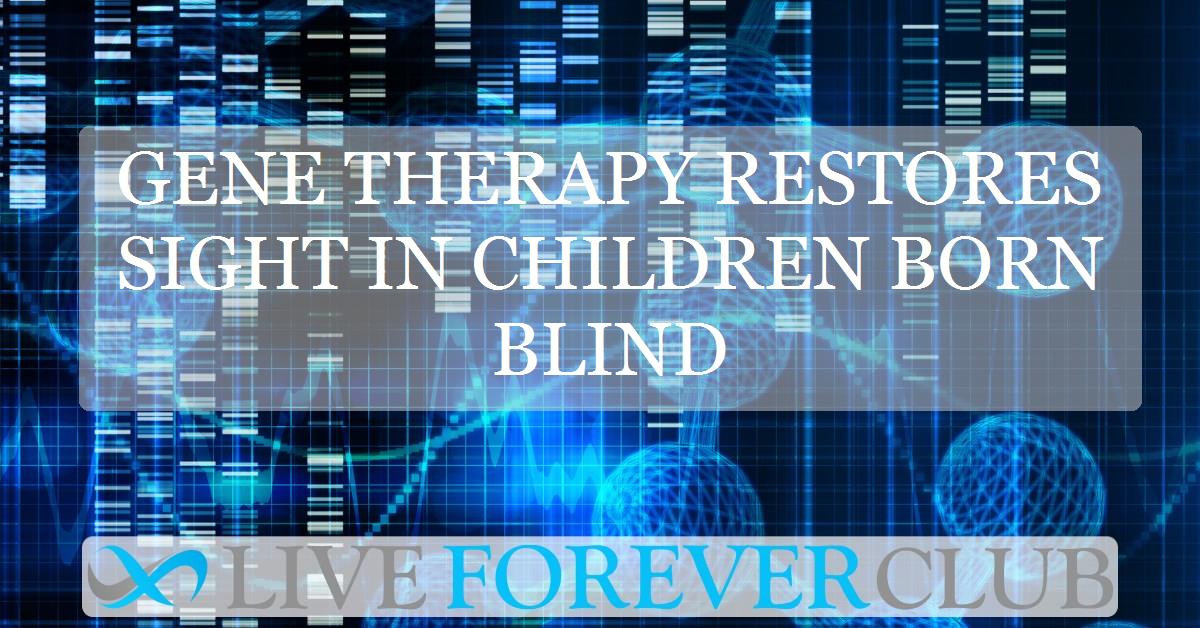Key points from article :
An experimental gene therapy trial has helped four toddlers born with a severe form of childhood blindness experience life-changing improvements in their sight. The treatment, conducted at Moorfields Eye Hospital in London, involved injecting healthy copies of a defective gene into the back of the eye early in life. The children, who previously could only distinguish between light and dark, have now shown significant improvements, with some beginning to draw and write. The findings, published in The Lancet, build on existing gene therapy treatments available for other genetic eye conditions.
One of the children, Jace from the United States, underwent the procedure at age two after his parents noticed early signs of vision problems. The therapy involved keyhole surgery to deliver the healthy gene using a harmless virus. Within a month, his parents observed remarkable progress—Jace began responding to light and using his vision to interact with the world more actively. Though further treatments may be needed in the future, his parents say the improvements have been transformative.
The trial was led by researchers at University College London and Great Ormond Street Hospital under a compassionate-use licence, as there were no other treatment options available. The four children, from the US, Turkey, and Tunisia, received treatment in one eye, with vision improvements recorded over four years. While their untreated eyes continued to deteriorate, their treated eyes showed compelling evidence of enhanced sight. Experts believe this success demonstrates the power of early gene therapy intervention and offers hope for treating other childhood genetic eye conditions.










